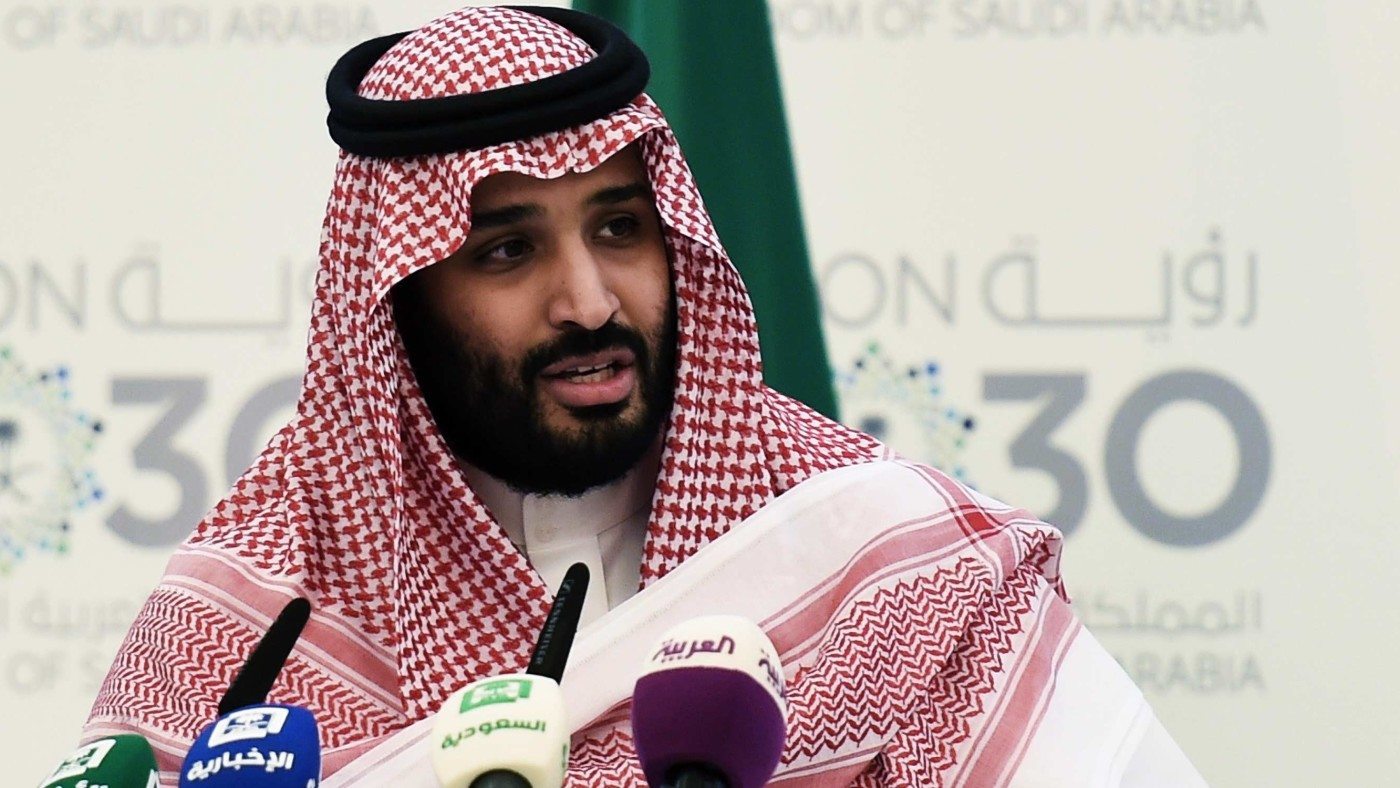Political risk is now the new climate change, a catch-all narrative for the future which enables the bourgeoisie to enjoy one of our favourite pastimes: showing off by scaring everybody at dinner parties. We all use the key words with abandon: “migration; nutters; Trump; Brexit: twitter; Boris; Corbyn; Putin; hollowed out middle class; etc.”
How reassuring then to find some unexpected good news from a most peculiar source: the court of Saudi Arabia. This unpromising nursery has apparently produced a rose in the form of Mohammed bin Salman, the 31-year old deputy crown prince.
MBS, as he is known, has given a speech entitled Saudi Vision 2030, in which he outlined a reform programme to move Saudi Arabia from its dependence on oil and to embrace a modest amount of social reform, such as increasing female participation in the workforce. He is cutting spending, raising taxes on luxury goods and sugary drinks, privatising hospitals, and – most striking of all – selling a 5% stake in the world’s biggest company, Saudi Aramco to form the basis of a new sovereign wealth fund, which will invest in manufacturing and clean energy.
Already, Western advisers are crawling over the Kingdom and JP Morgan is reported to be advising on the Saudi Aramco sale, together with Michael Klein, founder of M. Klein & Co, a fashionable New York boutique investment bank. Last week, Saudi Arabia borrowed $10bn from a consortium of international banks – including HSBC – the first time it has done so for nearly 25 years.
This massive capital markets activity is worth watching. It means that both sides are having to put money where their mouths are. Saudi Arabia is having to open up and embrace some sort of governance and openness and investors are giving the Kingdom the benefit of the doubt. Saudi Aramco – which is incidentally mostly run by Americans – is going to have to publish proper accounts and appoint independent directors if the mooted sale of $150bn of shares is going to get away.
There are many grounds for scepticism. On the face of it, Saudi Arabia weening itself off oil is about as likely as Switzerland flattening the Alps. Saudi society is so conservative that MBS ducked, for instance, making women drivers legal. “So far the society is not persuaded — and it has negative influence — but we stress that it is up to the Saudi society,” he said.
The court of King Salman, his father, is also teaming with incomprehensible, somewhat decadent factions, some of whom resist and envy MBS in equal measure. It is interesting for instance, that the details of the Aramco sale keep changing and whether upstream or downstream assets will be included remains unclear.
Saudi Arabia is also suffering from the low oil price which it has helped create by insisting on pumping 12m barrels a day in defiance of pleas from Iran and Russia for cuts. The Kingdom is currently running a deficit of some 20% of GDP.
Much will depend on the character of MBS. Will he succumb to youthful arrogance and impetuosity? Or fall in with rogues (not just investment bankers)? Is he telling the truth? Will one of his many cousins emerge from behind an arras to do him in? Will he stop Saudi Arabia’s funding of radicalism and worse? Will he be able to keep the Americans onside? Or end up fighting Iran?
We cannot yet know the answer to those questions. What we can say, is there are sudden signs of positive brain activity in Saudi Arabia and as Shakespeare would say, “for this relief, much thanks.”


